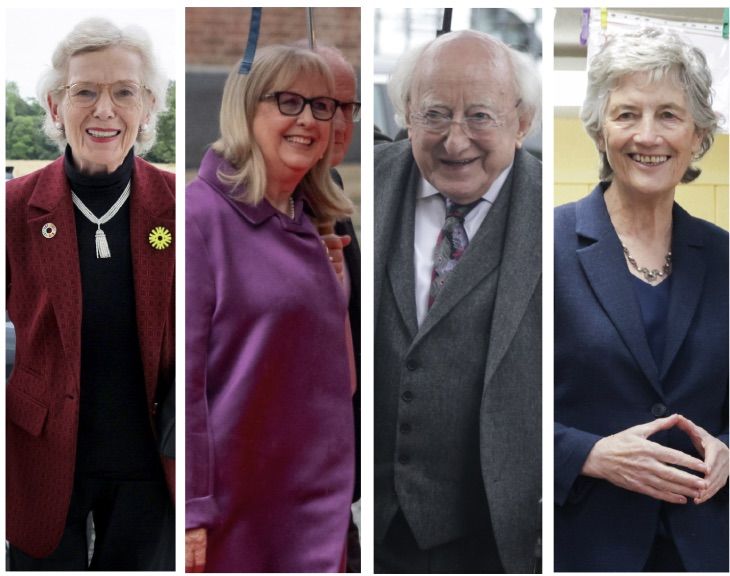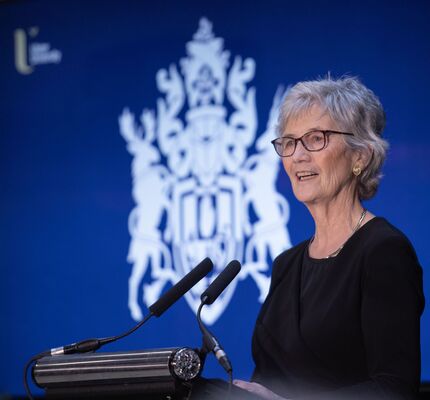WHEN Mary Robinson was first elected to the Presidency there was a sense of “shift”. The South of Ireland gave its first sign that it was breaking the hegemony of Fianna Fáil and Fine Gael, and was more outward-looking.
She came to West Belfast, with the extraordinary input of the late Eileen Howell, and met with Gerry Adams in a carefully choreographed moment captured for the media and the population that suggested the peace process was bedding in and that the Presidency could play a role in creating space for a leap in political progress.
Ending her presidency early and moving to the new role of United Nations Human Rights Commissioner was a further expansion of the national purview – human rights and international influence were now firmly on the agenda.
Her successor, Mary McAleese, further ploughed that furrow. She used her office to reimagine an all-island office, play diplomat and build confidence. In that time her role in building relationships with unionism and loyalism within the Áras, and reaching across to Windsor Castle and creating a new language of relationship across our islands, was popular and became somehow normalised.
Michael D. Higgins was to embed that risk-taking in many ways. When Merrion Square was too right-wing, too conservative and out of step with the people, it was Miggledy that spoke up for Palestine, the homeless and neutrality.
Catherine Connolly has already created a new identity and voice for the Irish Presidency. Her inauguration speech was encompassing and gave the pursuit of Irish unity a new voice and legitimacy. We are a long way from the days when speaking of it was seen as dismissable or tarnishable. Catherine Connolly is, like her three predecessors, giving space and language to the popular debate when those in government are two steps behind. Call it courage, call it a vision thing or whatever you like, it is now what we have come to expect from Phoenix Park.
This company of Irish “elders” could bind together to bring their collective genius to the national debate further. While they cannot, and should not, direct government policy, they can convene, create space and encourage participation.
Imagine if they had a dinner together where they scoped out an inclusive national conversation, within the terms of the office of the Presidency, and told us about that. If they gave us ideas about how to foster inclusive and respectful conversations. If they framed all of this in Article 3 of the Constitution and the Good Friday Agreement.
It would give confidence to the civic and political realms. And it would share their respective significant experience in facilitating transformative conversations. There would be as much learning in where they respectfully disagreed as there would be in their consensus.
It would also reflect the huge efforts being made in the civic spheres to foster imaginative approaches to the constitutional conversation. Whether it is the GPs on the island, the Women’s Assemblies, political parties individually, academics individually and collectively or community groups across the land, this conversation is happening with so much learning that is not being captured – yet.
In the absence of any leadership on this issue from the office of the Taoiseach, the people of Ireland need the other office that 26 counties of us vote for to be courageous and imaginative.







